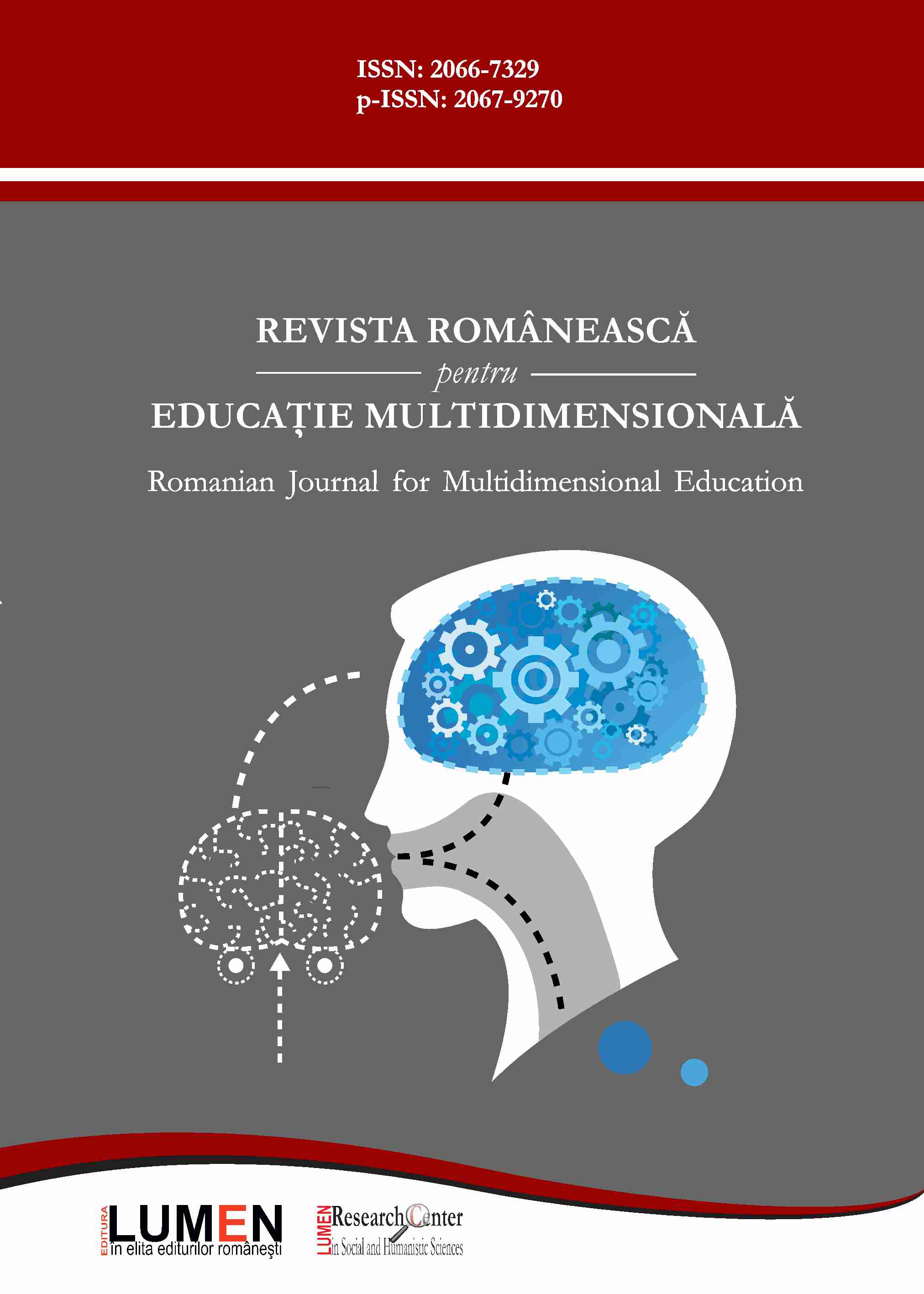A Postmodern Approach to Professional Training of Practical Psychologists in HEIs
A Postmodern Approach to Professional Training of Practical Psychologists in HEIs
Author(s): Svitlana Vaskivska, Viktoriia Bedan, Tetiana Yelchaninova, Taras Zhvaniia, Svitlana Symonenko, Olga PonomarenkoSubject(s): Psychology, Adult Education, Higher Education , Pedagogy
Published by: Editura Lumen, Asociatia Lumen
Keywords: pedagogical technologies; needs; professional growth; adaptation; postmodernism; students; scientific psychology; postmodern practical psychology; methodology; professional identity; individual;
Summary/Abstract: The article deals with a postmodern approach to professionalization of practical psychologists at the initial stage of their professional training, which requires new approaches. Also, the article considers a postmodern approach to professional training of practical psychologists as systemic and focused on scientific and practical spheres of professional activities of these specialists to realize their educational and professional needs. A postmodern model of their professional training includes competencies, professional activities, personalization, and values. Besides, the article outlines some essential practical tasks. They involve analyzing the acquisition of practical experience in collegial interaction between psychologists and clients at motivational, cognitive, and emotional levels. The article determines psycho-pedagogical factors and criteria for developing these structural components at personal and professional levels. It also highlights the priority factors in psychologists’ professional development and conditions for meeting their educational needs in HEIs. Importantly, HEIs should be able to develop future specialists’ professional consciousness, dialogical competence, and adequate professional self-concept. The article presents the author’s postmodern model of professional training for future practical psychologists along with the socio-psychological development of their professional identity. The model aims to provide students with professional experience so that they can perform their professional duties related to psychological counselling, psychodiagnostics, psychoprophylaxis, psychocorrection and psychological experiments through self-knowledge, self-understanding, and self-acceptance of their personal and professional qualities.
Journal: Revista Românească pentru Educaţie Multidimensională
- Issue Year: 14/2022
- Issue No: 2
- Page Range: 393-406
- Page Count: 14
- Language: English

